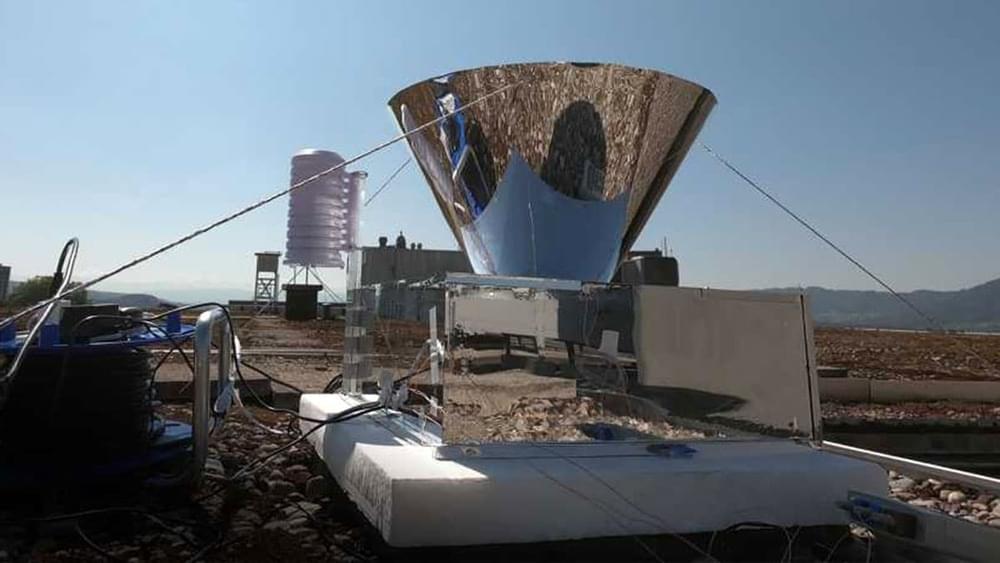Nov 21, 2021
Here’s How Blind Curves Could Stir Up Knuckle-Gripping Jitters About AI Self-Driving Cars
Posted by Gemechu Taye in categories: robotics/AI, transportation
Think about the last time that you found yourself driving a particularly treacherous blind curve.
Pretty darned scary, I’d bet.
Indeed, I realize that even the mere act of thinking about such an alarming encounter can be traumatic, so no need to reflectively linger on that reenactment in your mind. Go ahead and change your thought patterns to something less stressful such as mulling over the latest online cat videos or perhaps that delicious scoop of ice cream you recently consumed.


















